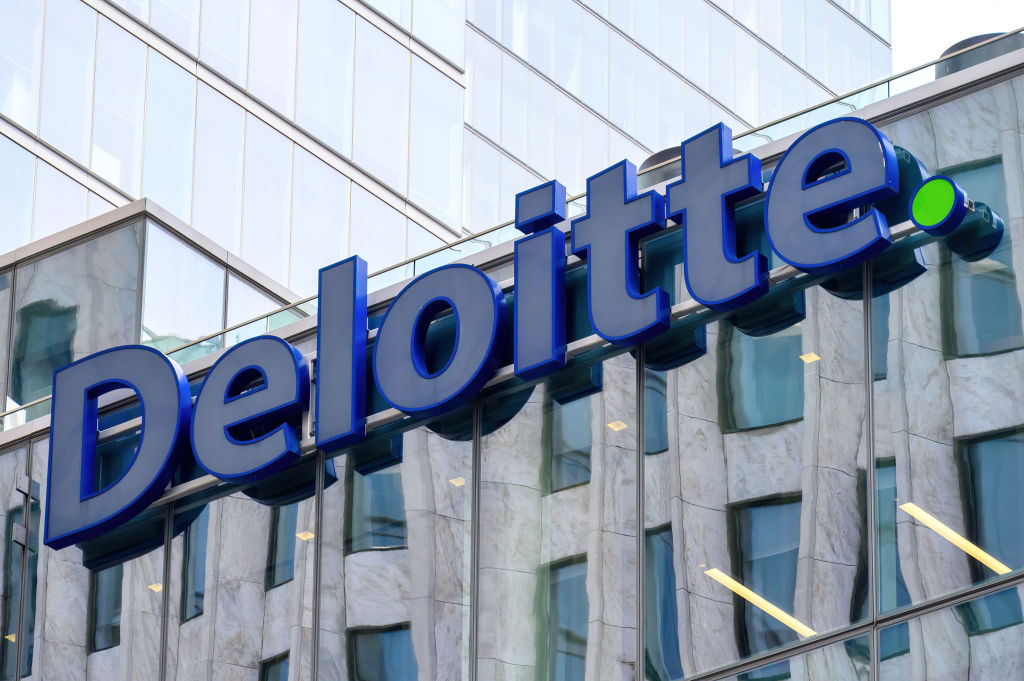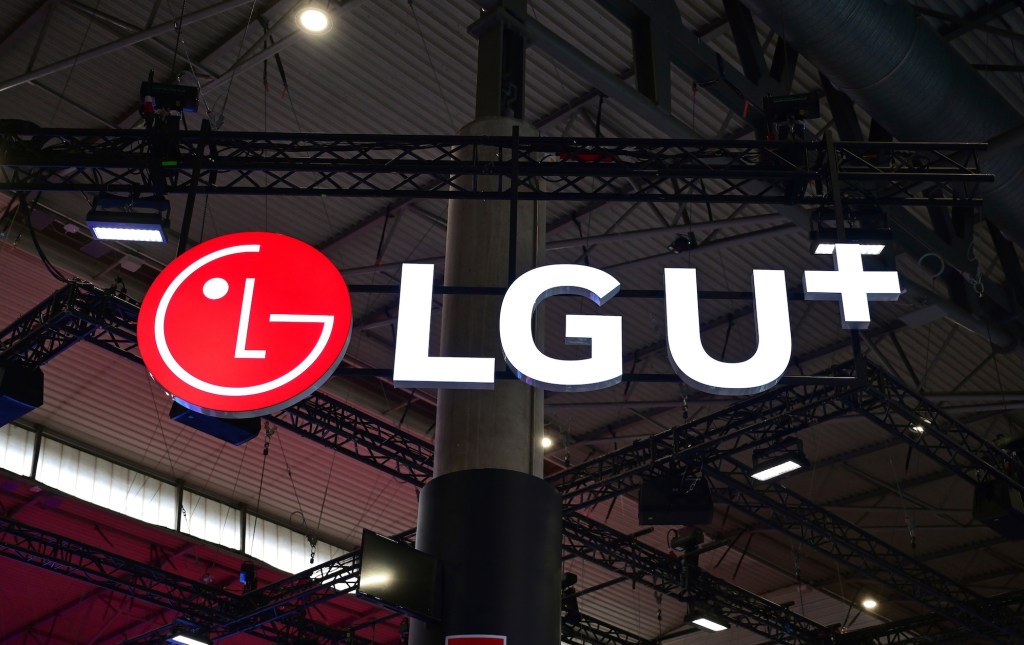In a bold move underscoring its commitment to artificial intelligence (AI), Deloitte has announced a significant partnership with AI research company Anthropic. This collaboration aims to integrate Anthropic’s advanced chatbot, Claude, into Deloitte’s operations, marking a substantial step in the firm’s digital transformation journey. However, this announcement coincides with a notable setback: Deloitte is set to refund a portion of a government contract due to inaccuracies in an AI-generated report.
The Anthropic Partnership: A Strategic Leap Forward
Deloitte’s alliance with Anthropic is poised to revolutionize the firm’s internal processes and client services. By deploying Claude, an AI chatbot renowned for its sophisticated language processing capabilities, Deloitte intends to enhance efficiency and innovation across its global workforce of nearly 500,000 employees. The partnership is not merely about adopting new technology; it signifies a strategic alignment with Anthropic’s approach to responsible AI development.
The collaboration will focus on creating compliance products tailored for regulated industries such as financial services, healthcare, and public services. These sectors demand stringent adherence to regulations, and the integration of AI solutions like Claude is expected to streamline compliance processes, reduce human error, and improve overall service delivery.
Furthermore, Deloitte plans to develop specialized AI agent personas representing various departments within the company, including accounting and software development. This initiative aims to provide department-specific AI tools that can assist employees in their daily tasks, thereby fostering a more efficient and innovative work environment.
Ranjit Bawa, Deloitte’s Global Technology and Ecosystems and Alliances Leader, emphasized the significance of this investment, stating, Deloitte is making this significant investment in Anthropic’s AI platform because our approach to responsible AI is very aligned, and together we can reshape how enterprises operate over the next decade. Claude continues to be a leading choice for many clients and our own AI transformation.
The Refund Incident: A Cautionary Tale
On the same day as the partnership announcement, it was revealed that Deloitte would issue a refund to the Australian Department of Employment and Workplace Relations. The refund pertains to a report commissioned by the department, which was found to contain inaccuracies attributed to AI-generated content. The report, part of a A$439,000 independent assurance review, included multiple citations to non-existent academic reports, leading to questions about the reliability of AI-generated information.
The Australian Financial Review highlighted these errors in August, prompting Deloitte to upload a corrected version of the review to the department’s website. As a result, Deloitte will repay the final installment of its government contract, acknowledging the shortcomings in the initial report.
This incident serves as a stark reminder of the challenges associated with integrating AI into professional services. While AI offers numerous benefits, it also carries risks, particularly when it comes to the accuracy and reliability of generated content. The need for rigorous oversight and validation of AI outputs is paramount to maintain trust and credibility.
Balancing Innovation with Responsibility
Deloitte’s simultaneous embrace of AI through its partnership with Anthropic and the refund incident underscores the complex landscape of AI adoption. The firm is not alone in navigating these challenges. Other companies have faced similar issues, highlighting the importance of a balanced approach that weighs the benefits of AI against potential pitfalls.
For instance, Turnitin, a plagiarism detection company, faced scrutiny after its CEO predicted that AI advancements would allow for a 20% reduction in headcount. This forecast raised concerns about job security and the ethical implications of AI-driven workforce reductions.
Moreover, the financial sustainability of AI initiatives has come under question. The escalating costs associated with AI’s reliance on cloud computing have led to concerns about unforeseen expenditures and the potential for cloud inflation. Companies are urged to manage expenses and foster a culture of accountability to capitalize on AI’s potential without compromising financial stability.
The Road Ahead: Lessons and Strategies
Deloitte’s experience offers valuable lessons for other organizations embarking on AI integration:
1. Rigorous Validation Processes: Implementing stringent validation protocols for AI-generated content is essential to ensure accuracy and reliability. This includes cross-referencing AI outputs with credible sources and involving human oversight in critical areas.
2. Ethical Considerations: Companies must address the ethical implications of AI adoption, particularly concerning workforce impacts and data privacy. Transparent communication and ethical guidelines can help navigate these challenges.
3. Financial Planning: Anticipating and managing the costs associated with AI implementation, including infrastructure and training, is crucial to avoid financial strain and ensure sustainable innovation.
4. Continuous Learning: The AI landscape is rapidly evolving. Organizations should invest in continuous learning and adaptation to stay abreast of developments and best practices.
Conclusion
Deloitte’s dual approach to AI—embracing innovation through its partnership with Anthropic while addressing the challenges highlighted by the refund incident—illustrates the multifaceted nature of AI adoption. By learning from these experiences and implementing robust strategies, organizations can harness the transformative power of AI while mitigating associated risks. The journey toward AI integration is complex, but with careful planning and ethical considerations, it holds the promise of reshaping industries and enhancing service delivery in profound ways.



